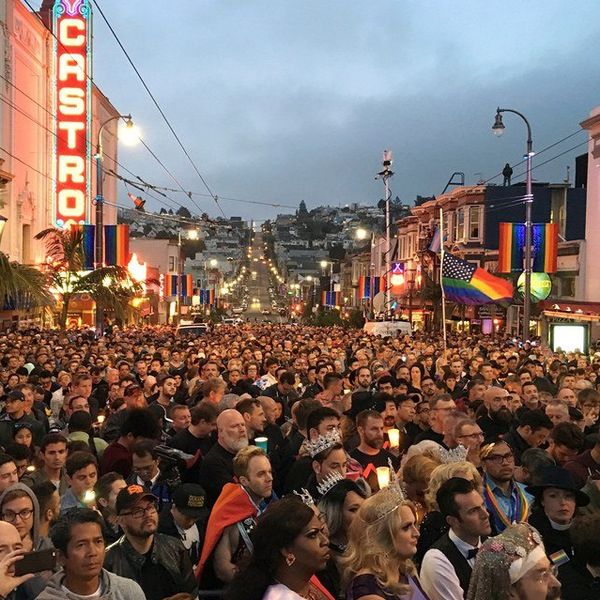Last time, I wrote a primer on how pre 1950's Asia still has an influence on modern day events, which you can read here.
In 1950, the communist government of the northern portion of Korea crossed the 38th parallel and took most of the south. After the United States intervened on behalf of the South Korean government, they pushed the North Koreans back across the 38th parallel. After advancing further north and taking the North Korean capital Chinese forces cross into North Korea and push back the US and United Nations troops back across the 38th parallel again, and a stalemate ensues. In 1953, a ceasefire was signed, and a demilitarized zone was formed along the 38th parallel that exists to this day. This intervention by China sets them up to be the ally and defender of the North Korean regime.
During World War 2 Japan was able to take the French Colony of Indochina. Ho Chi Min, who had been inspired by the Bolshevik revolution, believed his home country should no longer be under colonial rule, and after speaking in France where he lived during World War I, returned home and declared independence in 1945, culminating in the capture of Hanoi, the then capital. The French did not recognize the new government, and the US began supporting France. War was inevitable. After a series of military defeats by the French, they agreed to the sign the Geneva Accord, which effectively gave the north to the communist government and the south to a democratic government. During this interim, the Chinese began training and equipping the northern forces, and the United States began escalating its training and support of the South Vietnamese. In 1959 the Viet Cong invaded with the goal of unification. After a US ship was sunk in the Gulf of Tonkin incident, the US began moving in ground forces and started an extended bombing campaign aimed at destroying infrastructure, industrial sites, and air defenses. These attrition campaigns did not achieve their goal and grew harder by the guerilla attacks of the Viet Kong in South Vietnam. After little success eventually the US tries to hand over efforts to the South Vietnamese. By 1973 a ceasefire was negotiated, and by 1976 the two countries were reunified as the Democratic Republic of Vietnam. Saigon had been captured and renamed after the Vietnamese president, Ho Chi Minh.
During the Vietnam War, the North Vietnamese Army (NVA) spilled over into Laos and Cambodia through the dense tropical forests at their shared borders. The NVA was supported in these neighboring states by local communist movements and found it easy to create supply lines parallel to the border rather than within Vietnam where they were not protected against attack. After a Coup in 1970, the government was put under military control causing the NVA to push further into Cambodia to prevent a new possibly pro-western government that could force Vietnam into a war on two fronts. The Khmer Rouge, a China supported NVA offshoot began to grow stronger. The US expanded its bombing campaign into Cambodia which indiscriminately targeted Khmer Rouge held areas. After the cease-fire was negotiated between the Vietnamese factions the bombing campaign ended. The Khmer Rouge, now much stronger due to the backlash against the bombing campaign, gained power and proceeded to enact a series of disastrous reforms: to remove all intellectuals and businesspeople, going so far that even people who required prescription glasses were targeted, and transition to an entirely agrarian society. This was carried out through a period of indiscriminate violence known as the Cambodian genocide. The Khmer Rouge eventually invaded Vietnam in December 1978, and by January 1979 Vietnam had pushed into Cambodia and overthrown the government installing their own. This event led to China invading Vietnam and quickly returning across the border.
As the NVA spilled over into Laos, the US began a secret war primarily conducted by the CIA. The CIA tried to counter the NVAs freedom of movement along the Ho Chi Minh Trail, by training 30,000 guerilla fighters. Bombing runs were also conducted against NVA in support of the Laotian military. The US dropped more bombs on Laos than they did in all of World War 2. More than 30 percent of the 2.5 million tons of bombs did not detonate and still kill people every year. The high number of civilian and US civilian casualties, use of a military draft, the release of Pentagon Papers, crackdown on us protests and several leaks lead to continued lowering of faith in US intuitions. The US leaving its allies during several of these engagement caused several countries in region fearing that Chinas dominance was inevitable and that the US might not come to their rescue.
By 1966, Chairman Mao had begun the Cultural Revolution. He believed the current government was taking China in the wrong direction. Mao used this time to purge his party of many of the high ranking members and consolidate power. He also called on the youth to remove the “impure” elements of society. These youth eventually formed the Red Guard and began harassing the elderly and intellectuals. As many cities bordered on anarchy, the army was sent in to relocate many Red Guard members to the country forcibly. During this period the Communist Party also destroyed or banned much of the arts and developed new pieces that celebrated the new ideas trying to create a new culture more in line with the views of communist party leadership.
If you want to read more of my other articles, you can here or follow me on Twitter. Please stop by next week for more articles on news, economics and international affairs only available at Odyssey.





















